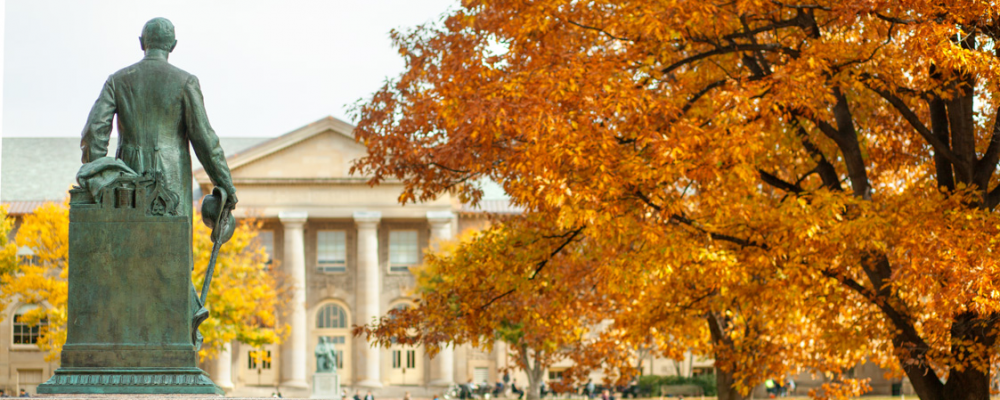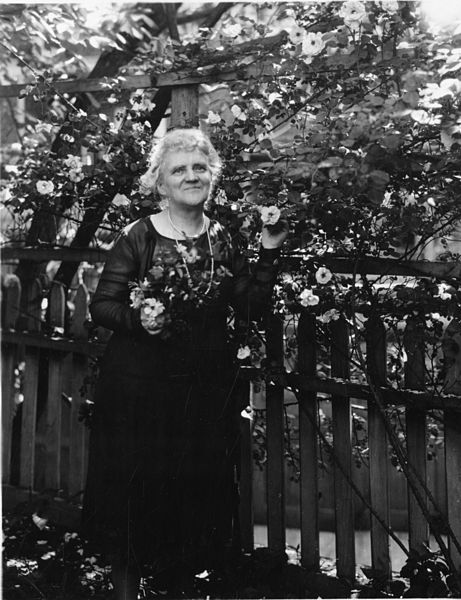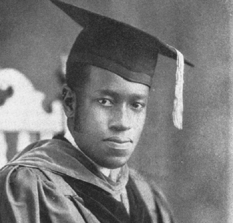History of Graduate Study at Cornell

Cornell was one of the first institutions of higher education in the United States to offer advanced degrees with graduate study included in the curriculum at its founding.

As early as 1868-69, the Cornell Register described requirements for four advanced degrees: M.S., M.A., Ph.D., and an advanced degree in civil engineering. Cornell awarded an M.S. degree in botany in 1870 to David Starr Jordan, who went on to become the first president of Stanford University. Cornell’s first Ph.D. was awarded in 1872 to Henry Turner Eddy, just seven years after the founding of the university. At that time there were fewer than two hundred graduate students in the United States.
By 1913, the diversity of Cornell’s fields of study had attracted more than 5,000 students, making the university the second-largest school in the nation. Cornell awarded the nation’s first doctoral degree in electrical engineering and the first doctoral degree in industrial engineering.

From the beginning, the university was committed to educating women, with the first female student entering in the fall of 1870. Three women entered in the fall of 1871, one of whom, in June 1873, became Cornell’s first female graduate. In 1880, May Preston became the first woman to earn a Ph.D. at Cornell.
The first bachelor’s degrees to Black students were awarded in 1890. In 1906, Alpha Phi Alpha, the first national college fraternity for African Americans, was founded in Ithaca by seven Cornell students. In 1925, Elbert Cox (Ph.D. ’25) became the first Black man to earn a doctorate in mathematics. Flemmie Kittrell (Ph.D. ’36) became the first Black woman to receive a Ph.D. in nutrition.
For Cornell’s first 40 years the faculty dealt with issues of graduate study directly with a standing committee appointed in 1879 to review applications. In 1896, the trustees reorganized the university into separate faculties, one of which was the Graduate Department, later, in 1909, to become the Graduate School.
The early years of the Graduate School laid a firm foundation and established patterns for the future. The faculty delegated the administration of procedural matters to the Graduate School without losing control over admission decisions, requirements for graduation, and curriculum planning.
The tradition of a special committee for each graduate student began early in Cornell’s history. The committee was composed of faculty members representing the student’s field of study and ruled as final arbiter on all questions regarding the awarding of the degree. The special committee system represents a belief in academic freedom that continues to attract outstanding graduate students to Cornell.
Today Cornell University is one the world’s leading academic and research institutions and has the broadest range of programs in the Ivy League. Cornell attracts some of the world’s best researchers, thinkers, scholars, inventors, scientists, humanitarians, and overall idea leaders. At the Graduate School, a genuine sense of camaraderie – particularly between faculty and students – fosters collaborations and community, while supportive staff help guide students through their life at Cornell.
Sources: Bishop, Morris, A History of Cornell. Cornell University Press. 1962; Kammen, Carol. Cornell: Glorious to View. Cornell University Library, 2003
